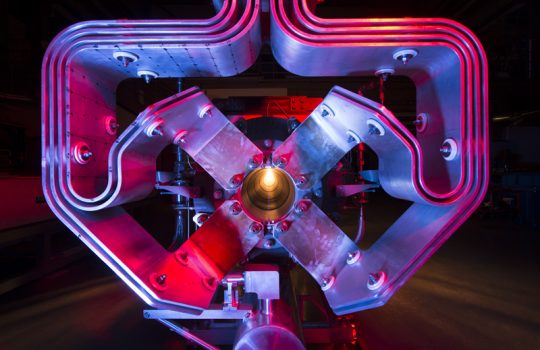For the love of science
From the Kane County Magazine, February 2023: Kane County Magazine speaks with Fermilab’s Rebecca Thompson, head of education and public engagement, and senior scientist Don Lincoln on their passion for science and the curiosity that led them to Fermilab. The story, “For the love of science” begins on page 40.

